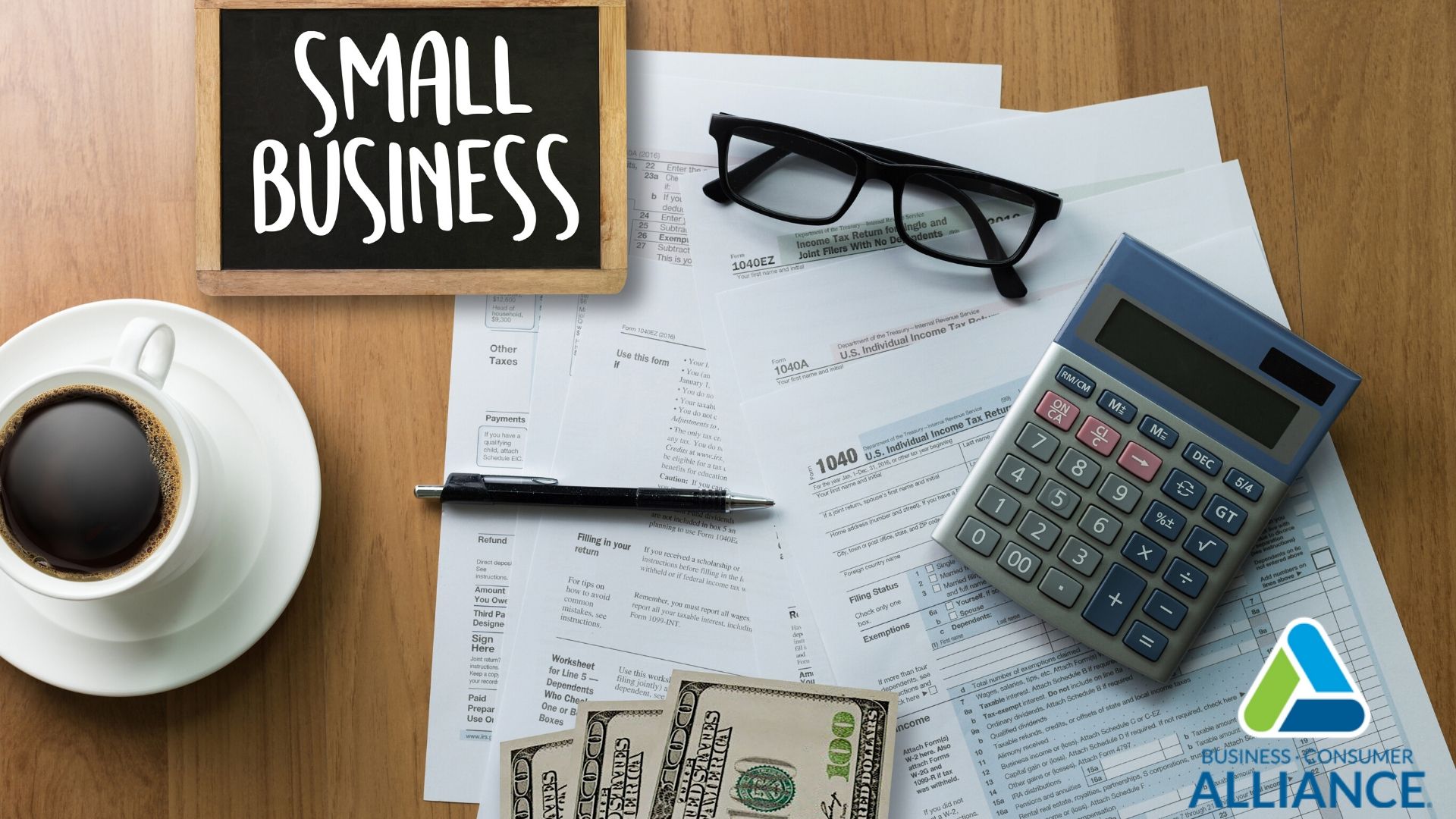
In an effort to help multitudes affected by COVID-19, the United States House of Representatives approved the $2.2 Trillion Coronavirus Aid, Relief, and Economic Security (CARES ) Act. The Act includes a $349 billion “Paycheck Protection Program” through the Small Business Administration for emergency relief to small businesses. Under the CARES Act, more federally backed loans and grants will help businesses stay afloat through this emerging crisis.
Paycheck Protection Program
Businesses in operation on February 15, 2020, with fewer than 500 employees, or which meet the applicable size standard for the industry as provided by SBA's existing regulations, are eligible for the Paycheck Protection Program. This includes non-profit organizations, eligible independent contractors and sole proprietors, and self-employed individuals. Loans will be available through SBA and Treasury approved banks, credit unions, and some nonbank lenders.
The maximum borrowers can obtain is 2.5 times their monthly payroll expenses, up to $10 million, to cover:
- payroll costs, including compensation to employees
- payments for vacation, parental, family, medical or sick leave
- severance payments
- group healthcare benefit payments (including insurance premiums)
- retirement benefits
- state and local employment taxes
- rent
- utilities
- interest payments on any mortgage obligations or other debts incurred before February 15, 2020
The loans require no personal guarantee or collateral and eligible borrowers do not have to show that they are ineligible to obtain credit elsewhere. They must certify that the loan is necessary due to the uncertainty of current economic conditions and the funds used to retain workers, maintain payroll, or make lease, mortgage, and utility payments.
The funds cannot be used for:
- compensation of individual employees, independent contractors, or sole proprietors in excess of an annual salary of $100,000;
- compensation of employees with a principal place of residence outside the United States;
- or leave payments made under the Families First Coronavirus Response Act.
Payments of principal, interest, and fees will be deferred for at least six months, but not more than one year, and interest rates are capped at 4. The SBA will not collect any yearly or guarantee fees for the loan, and all prepayment penalties are waived. The SBA has no recourse against any borrower for non-payment of the loan, except if the loan proceeds are used for a non-allowable purpose.
Loan Forgiveness
Loan forgiveness is available for funds used to pay eight weeks of payroll and other qualified expenses. The amount of loan forgiveness may be reduced if the employer reduces the number of employees compared to the prior year, or if the employer reduces the pay of any employee by more than 25 as of the last calendar quarter. Forgiveness may also include additional wages paid to tipped workers. To apply for loan forgiveness, borrowers must contact their lender and submit the required documentation. The lender must render a decision within 60 days. If a balance remains after the loan forgiveness is considered, the outstanding amount with have a maximum maturity date of 10 years after the application for loan forgiveness.
Additional Relief Information
The CARES Act expands eligibility for emergency Economic Injury Disaster Loans (EIDL) to businesses with fewer than 500 employees, sole proprietors or independent contractors, or Employee Stock Ownership Plans (ESOPs) with fewer than 500 employees. A $10,000 emergency advance is available within three days after applying for an EIDL. If the application is denied, the applicant is not required to repay the advance.
Additionally, the SBA is able to approve applicants for small-dollar loans solely on the basis of their credit score or "alternative appropriate methods to determine an applicant's ability to repay." They are also required to pay the principal, interest, and associated fees for six months on certain pre-existing SBA loans.
For more information, visit the Small Business Administration website https://www.sba.gov/.